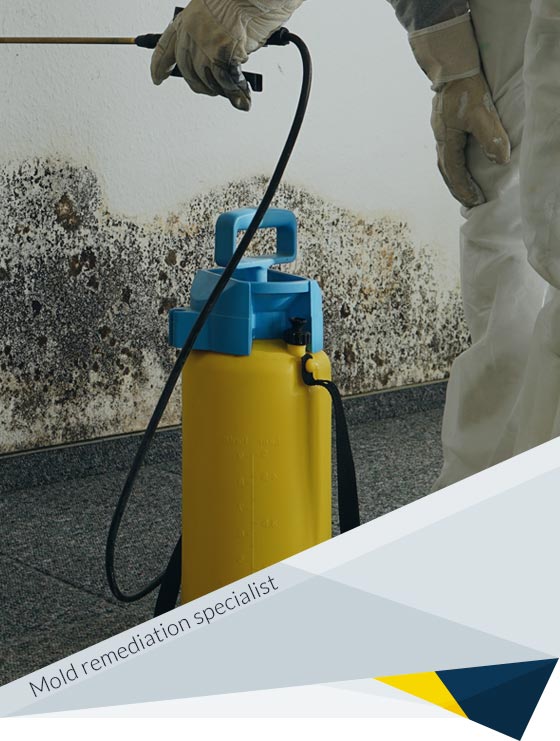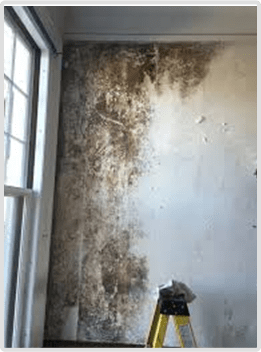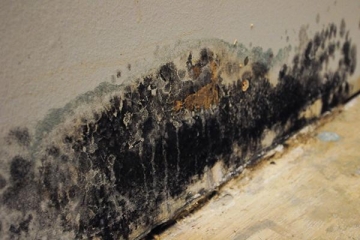Warning Signs of a Bad Dentist
Maintaining good dental hygiene is one of the most important things you can do for your body. Going to the dentist regularly is a crucial part of taking care of your teeth, especially since between 60% and 90% of school-aged children and almost 100% of adults have cavities around the world. You should find a dentist you can trust to help you get and keep the smile you deserve. If you’re in the market to find a dentist, but don’t know what to look for, you’re in luck. This article takes a closer look at some of the things you don’t want in a dentist.
Lack of Sanitary Procedure
If you go to your dental appointment and the dentist starts rummaging through drawers or touching the counters with their gloved hands before proceeding to try to touch your teeth, jump out of the chair immediately. You should also pay attention as to where the tools come from. Most dentists will open a sealed package of tools right in front of you. It’s important that your dentist keeps a sterile environment and takes the spreading of germs very seriously.
No Inquiry on Previous Dental Records
Another thing to look out for is the office not asking for your previous dental records. Any time you change dentists, the office should ask for your records before you even have your first appointment. Records provide a baseline for the continuation of your dental care and should be looked at before any additional work is done.
Outdated Technological Practices
The technology the dentist office is using is also a sign of how well they’re caring for their patients. Technology like digital x-rays is more efficient in detecting serious issues in your mouth and you should ensure the office is using the most up-to-date technology.

They don’t perform a comprehensive dental exam and history taking.
If the dentist you are seeking consultation with gets information about your current situation but leaves the previous dental accounts behind, it may be a good sign that he is a bad dentist who’s going to rip you off. Why? Because if he doesn’t know your dental history, he can request imaging and other dental laboratory tests needed to diagnose your problem correctly. This amount of information is redundant if he just requests your previous tests and come up with a solution based on those results.
They have a bad reputation.
‘Where there’s smoke, there is a fire’, or so they say. If a dentist is known to be a bad one, chances that he really could be are high. Despite the many dental ads they put on all social media outlets, if most of the reviews and feedback you get are negative, you can concur that they may be true.

Loads of expensive treatments
If you have little-to-no history of dental problems and a new dentist says you suddenly need thousands of dollars worth of treatments and procedures, you might be getting scammed. According to Vox, this is the most common pattern of fraud. Another red flag is the dentist pressuring you to act quickly but refusing to give details about why it’s medically necessary. Watch out for dentists who insist on replacing all of your old fillings, and be wary of unnecessary crowns, root canals, sealants, veneers, and fluoride treatments.
Deep teeth cleaning
Deep teeth cleaning, which can also be referred to as scaling or root planing, is a procedure normally reserved for patients with frequent gum infections or periodontal problems. If you don’t have either, don’t let your dentist pressure you into this expensive treatment, which usually is not covered by dental insurance. Deep teeth cleaning, which can cost upwards of $800, is a commonly cited red flag.

How Can I Protect Myself Against Dentistry Fraud?
Beware of In-Network
Insurance plans put incentives in place for in-network dentists, like the capitations I described above. When dentists become part of these networks, they agree to extremely low reimbursements for cleanings and exams, in exchange for a steady stream of patients.
To make up for it, some dentists will perform procedures that have a significant patient portion or heavily promote cosmetic work as being necessary.
Choose a Dentist Based on Referrals, Not Who Your Insurance Company Tells You to See
As with any other profession, the way to maximize your chances of having a good experience is by relying on the advice of others who’ve had a good experience.
If you’re new to the area, you can always ask for a recommendation from your local dental society or health professional. Don’t rely on the fact that a dentist is covered by your insurance plan; this is not the same thing as a referral.
The best referrals come from friends, family, and co-workers that have had procedures other than teeth cleanings at the dentist.
Stay Away from Practices That Advertise
Heavy advertising and deep discounts are come-ons. Billboards and TV advertisements should also make you wary. Advertising-driven offices often use deals as a way to get patients in the door and then pressure them to accept an expensive treatment plan.
I call this Wall Street Dentistry. Often, they’re corporate-owned chains, like Aspen Dental. These chains are like dental mills. They give you the free (quick) cleaning, the free cursory exam, and then tell you that you need $4,000 worth of unnecessary dental work.
Many of these franchise-based practices you see in ads rely on a quota-based work model. These sorts of incentives lead dentists to err on the side of extra treatment.
Look for a Name on the Door
Choose a clinic where the dentist has his or her name on the door, which often implies that personal ownership and that, reputation-wise, they have a lot to lose because their name is on the line (or the door). It’s easy to hide behind a sign that says “Big Smiles Dental.”
Ask for a Second Opinion
Even just observing a dentist’s reaction to being told you’d like a second opinion can be telling. If they truly have nothing to hide, they won’t discourage you.
Dental Office Red Flags
Visiting the dentist regularly can help prevent cavities and other oral health issues. Yet, when your dental carrier makes changes to your policy or you obtain a new job, you may need to find a new dentist. It can be difficult to choose a new dentist so most people ask family and friends for recommendations. Other people review online ratings or select a random name from the “approved” list on their dental plan. How can you tell if the dentist you picked is the right person for you? Here are some warning signs to be aware of when choosing a new dentist:
Dental records are not needed?
The new dentist should have requested your dental records from your old dentist before your scheduled appointment. If the new dentist is not concerned with getting those records, this can be a red flag. Most dentists like to track problems and look for changes so, having previous records, is a big help in spotting any issues that might be developing.
X-ray alert
A full set of dental x-rays should be taken no more than every two years. If a new dentist is pressuring you to get a full set of x-rays, even though you have recent x-rays as well as the associated risks of radiation, you should look for a new dentist. In addition, some dentists will falsely declare that it is illegal for them to treat a patient without taking x-rays first. Although it is not illegal, the dentist can refuse treatment. If that happens, you should follow the ADA guidelines on x-rays or offer to sign a waiver on the x-rays.
Beware of the cone-beam
The cone-beam x-ray is a new x-ray which takes a 3-D picture of your mouth. Although it is FDA approved, it delivers up to 18 times the amount of radiation that traditional dental x-rays deliver. Moreover, a standard x-ray can be just as effective and doesn’t cost a fortune. The best x-ray choice is digital x-rays because they give off less radiation than old-fashioned radiographs or films. They can also diagnose cavities which may not be found on the old films.
A bundle of expenses
The most common pattern of dental fraud is a new dentist telling a patient, with little to no history of dental problems, that they need an extensive amount of work. Some profit seeking dentists may become adamant about performing costly procedures such as root canals, sealants, unnecessary crowns and veneers. The dentist may even pressure you to get these treatments done in a timely fashion but avoids explaining why the treatments are medically necessary. Some dentists insist on replacing all your old fillings especially if silver fillings were used. According to the FDA, these filling are not dangerous and should not be removed unless they have begun to corrode or shrink away from the surface of the tooth which would allow bacteria to settle in. However, the vapors released from drilling out the mercury from the silver fillings can be more harmful than leaving them in.























